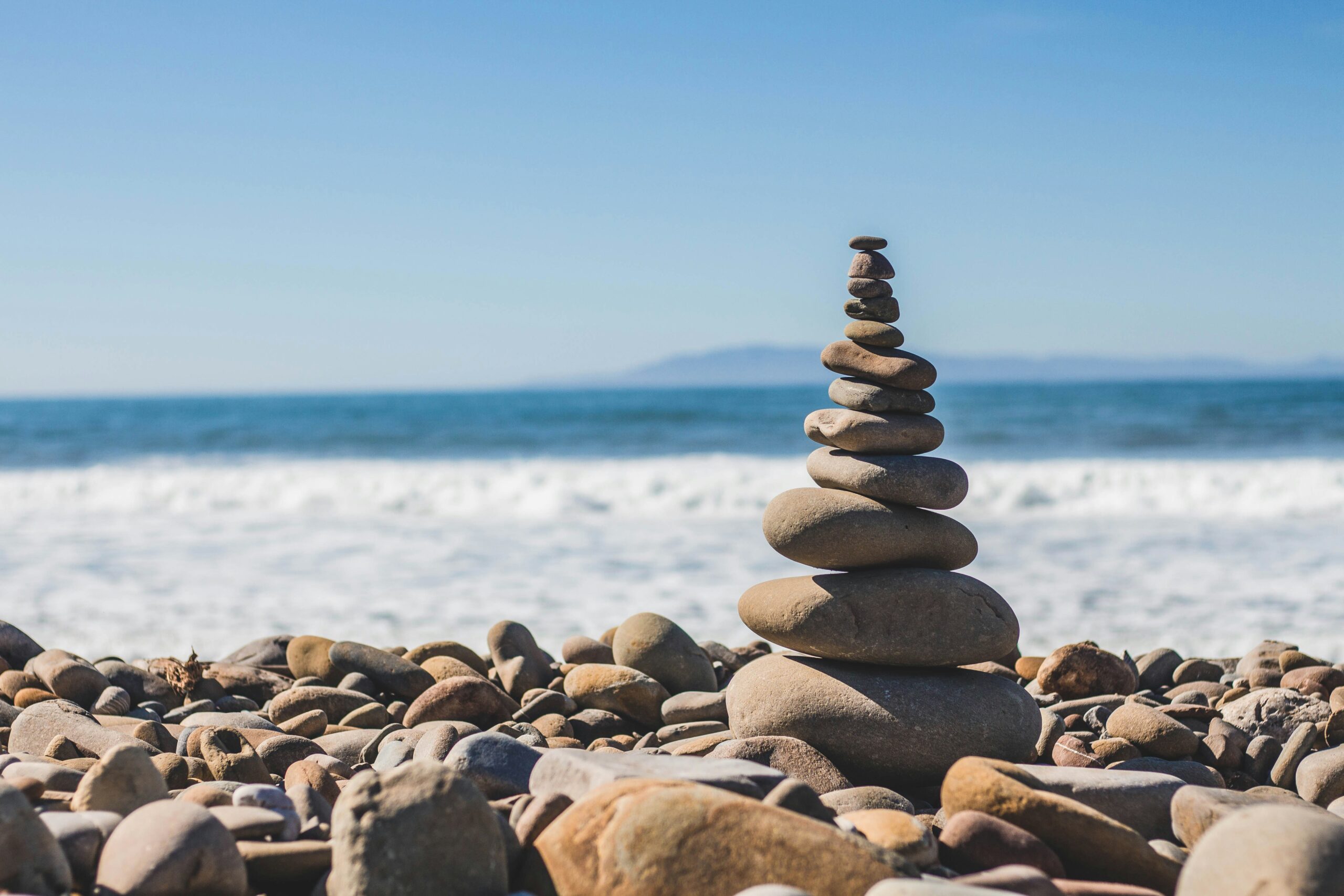When I first joined a startup company in Silicon Valley, I told myself this would be just a couple of years of grinding into the corporate world, a sprint, not a marathon. That was almost four years ago, and I’m still here, still sprinting, and I think somewhere along the way, the real idea of work-life balance has left the chat.
And it’s not that I dont like the job anywhere; I do like it, but I dont know why it has become so difficult for me to make some time out for myself. What keeps many of us going is writing code for problems, shipping features and seeing customers responding. But the costs that these come in are very high and affect our mental health.
Here, long hours aren’t just tolerated; they are expected as a bare minimum. Nobody wants to point it out, but it’s there. There are no official mandatory overtime emails; it just happens. When you see Slack messages flying at midnight, when product leads schedule Sunday Zooms to hit a launch deadline, when your CTO casually mentions fixing a bug at 2 a.m., you get the message.
You are on all of the time, and I check Jira during dinner. I merge pull requests from my phone, and I can’t stop thinking about architectural decisions while I try to fall asleep. Even vacations aren’t sacred because last year, when I took a week off and still joined two critical Zooms because “things were on fire.”
It’s the context switching between a half-built feature, a last-minute demo for investors, and emergency bug fixes that leave you drained. And because startups often blur personal and professional relationships, it’s hard to unplug. Your teammates are your friends, your social circle, and sometimes even your roommates.
I see it in my peers, too: relationships strained, hobbies abandoned, physical health neglected. One of our best engineers recently quit after burning out so badly that he couldn’t touch a laptop for weeks. He’s not the first. It won’t be the last.
And then I see people talk a lot about “balance”, “wellness”, and “mental health”. They download meditation apps, slack channels for hiking and yoga subsidies. These are nice gestures, but they dont change the underlying culture: speed at all costs, everything and anything.
And here’s the uncomfortable truth: sometimes I wonder if we’re doing this to ourselves. The fear of missing out, the competition, and the lure of being part of “the next big thing” is addictive.
Many of us internalize it: if you’re not hustling, you’re falling behind. I’m trying to unlearn that. To reclaim evenings. To log off without guilt. It’s hard. In this ecosystem, work-life balance is still an aspiration, not a norm. But if we want to build things that truly last, maybe we should start with building lives that do, too.
